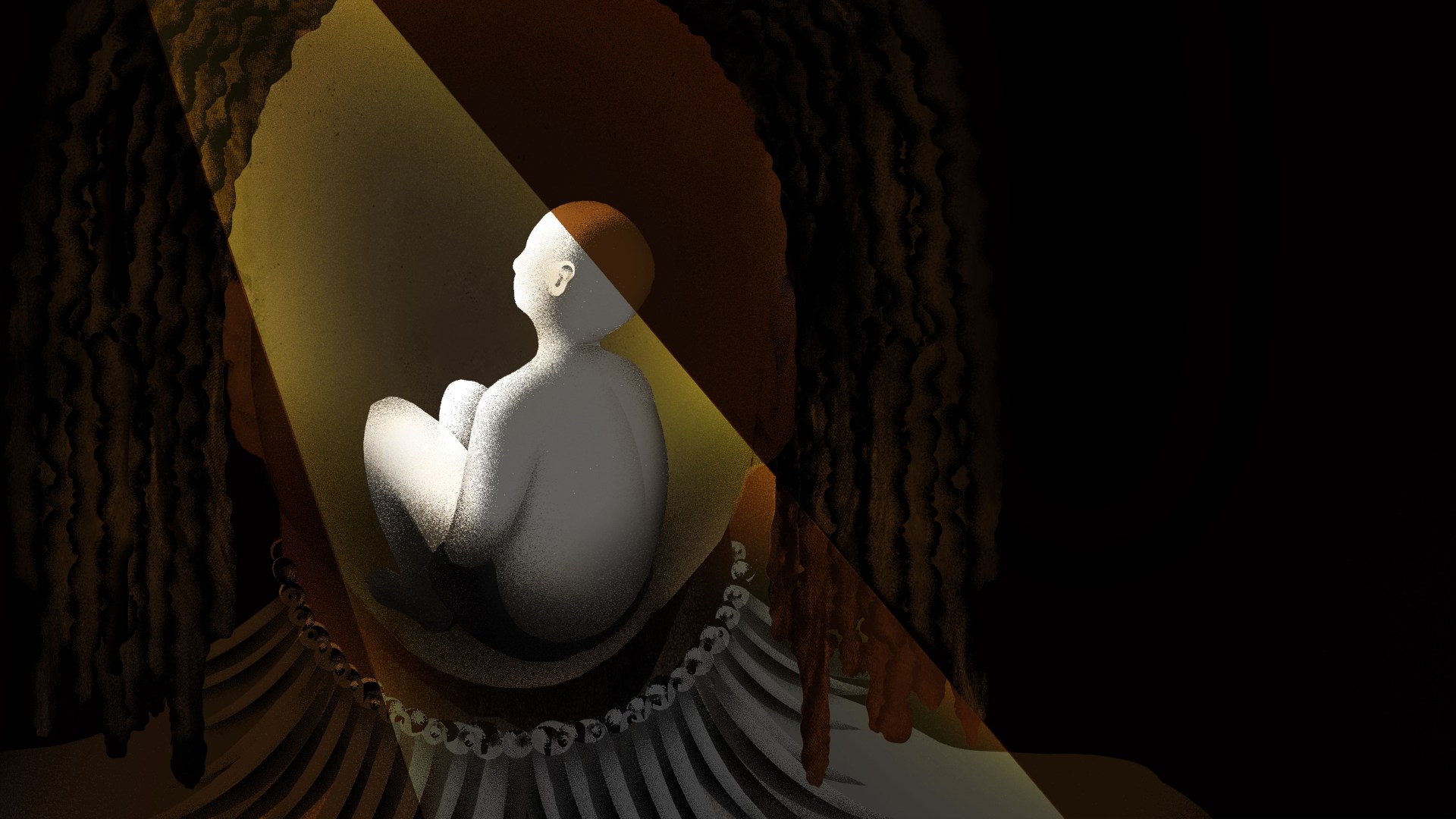In 2008, a BBC news article exposed to the world a surge of attacks and killings against people with albinism in Tanzania. The report came across the screen of Peter Ash, a former pastor from British Columbia, Canada. Ash felt particularly shocked and horrified learning of the 40 brutal attacks on people with albinism that year, in Tanzania alone, since he himself has albinism.
Albinism is an inherited condition characterized by a lack of the pigment melanin, resulting in pale skin, light hair, pale eyes causing impaired vision, and increased vulnerability to skin cancer. While albinism is present in about 1 in 20,000 people in the Western world, it occurs in about 1 in 5,000 people or fewer on the African continent. The phrase “person with albinism” is preferred over “albino” as it puts the person ahead of their condition.
“As a person with albinism, the challenges really depend on where I am in the world,” says Ikponwosa Ero, a Nigerian lawyer who has served as an independent expert on albinism to the United Nations. “In Canada or the US, it’s mostly about a lack of understanding, which makes it hard for me to connect in social settings. In other parts of the world, where we are just starting to raise awareness, I have been called slurs and even had my life threatened.”
In North America, having albinism means you struggle with low vision, must protect your skin from the sun, and may face bullying. However, in many African countries, it also means going to bed at night afraid, wondering if you’ll be attacked in your sleep.
People with albinism in Africa face isolation, abandonment, and sometimes deadly discrimination. Since 2006, one-third of attacks worldwide on people with albinism have occurred in Tanzania. Attacks have also been recorded in 28 other countries in Africa. Due to cultural superstitions, people with albinism are dehumanized and thought to be ghosts or curses. Witch doctors take advantage of the ignorance to fuel beliefs that people with albinism possess magical qualities and that their body parts can be used in charms and potions to bring wealth, power, and good luck.
While the idea of witch doctors existing in the modern age may be a foreign idea to those in the Western world, it is very real in many places. In Africa, even among Christians, people hoping for good luck or cures may turn to witch doctors for help. It is this practice, together with false beliefs, that has led to so many attacks of people with albinism. Attacks include the cutting off of fingers, limbs, or other body parts to be used in potions, and in the most dire situations, people with albinism have been killed and their bodies sold on the black market for up to $75,000 USD.
In Ephesians 5, the apostle Paul warns of shameful things done in secret and reminds his readers to remember that “everything exposed by the light becomes visible–and everything that is illuminated becomes a light” (v. 13). That became Ash’s mission. Spurred to action, he travelled to Tanzania to meet with survivors, visiting with a family whose little girl, Miriam, had just been murdered and dismembered. He vowed that her story would not be forgotten and that he would shed light on this issue about which so many people are unaware. As founder and CEO of Under The Same Sun (UTSS), Ash dreams that “one day people with albinism will take their rightful place throughout every level of society and that the days of discrimination … will be a faint memory.”
Ero, who now works with Ash at UTSS as the director of human rights advocacy, believes that the key to combating the dangers people with albinism face in Africa is two-fold: First, she advocates for grassroots education initiatives that tell people the truths about albinism and empower persons with albinism. With better understanding, communities can create safeguards against the myths and stigmas perpetuated by those practicing witchcraft, rather than ostracizing the people they view as different. Secondly, these initiatives can only succeed with support from robust governmental and global policy change, something Ero has dedicated her life and work to seeing accomplished.
After over a decade of education and advocacy work focused on Tanzania, Ash’s dream is beginning to be realized there. Ash and Ero’s tireless work has resulted in real change in the field of international human rights as well as at the community level. Attacks on people with albinism have decreased from three attacks per month in 2008 to one attack per year. When people know better, they do better.
After making so much progress in Tanzania, the UTSS leaders have their sights set on new challenges. Attacks have been recorded in 29 African countries and are increasing in some. In their estimation, the fight to end attacks and discrimination has turned into a movement. They are currently expanding their work through a network of partnerships within other African nations. The next phase of advocacy will be implemented through the African Albinism Network, building the capacity of albinism groups in other countries where attacks and discrimination against people with albinism are still rampant. “Because we know our approach of pairing education on the ground with advocacy at higher levels works,” Ero says, “I’m hopeful about replicating our Tanzanian model in other African countries.”
Visit Under The Same Sun to learn more about how you can partner with the people on the front lines of saving the lives of people with albinism.
Posted